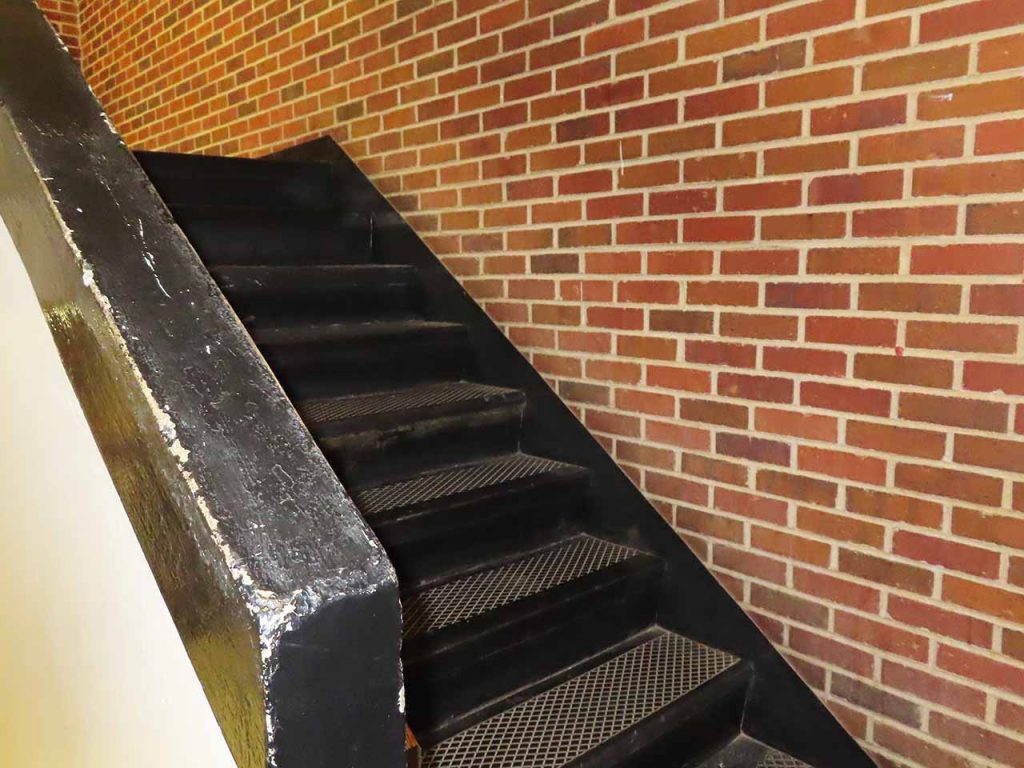Are you worried about student loan debt? You can vote on it. Do you think 4/20 should be a national holiday? You can vote on it. Are you just sick and tired of long U.S. presidential election cycles and want them to end sooner? You can even vote on that!
Usually, as I trudge down Business Row on the way to my 9 a.m. class, the only faces I pass are those grumpily slogging to class and still wiping sleep from their eyes. That has not been the case the last couple of weeks.
Campus election season brings an energy and enthusiasm to Business Row that is almost more than the old buildings can bear. Stickers are aggressively peddled between classes. The campus is abuzz with discussion of the different candidates, and on election night, crowds anxiously gather around the Lyceum to await the results.
This kind of engagement is anything but politics as usual. Conversations about state or national politics are more likely to put us to sleep than to excite us to the level of wearing stickers or standing out in the heat to support our candidate.
Just like falling asleep in class, our drowsiness shows in tests of our political knowledge. According to the Education Week Research Center, in September of 2018, 47% of 18-19 year olds without previous voting experience could not name a single candidate running for office that November. I am not aware of a similar survey for campus elections, but I feel confident that most of us can name at least one candidate from this last election cycle.
Sure, it can be argued that people on campus don’t have an option but to be informed on the candidates. It’s nearly impossible to avoid encountering the giant signs on the way to the library or all of the stickers cluttering everyone’s shirts and laptops.
Is this really that different from government elections? Between the mixture of yard signs, billboards, bumper stickers and laptop stickers, candidates in local and national elections should be recognizable, too. Perhaps our ignorance is more willful than we would want to admit.
Even without knowing a candidate’s name, we can always show up to the polls and vote for the party we think best represents our views, but we don’t do that either.
Of the 20,274 students enrolled at Ole Miss, 5,862 took the time to vote in the final campus election. That’s about 29% of the student body. Let’s compare that to the number of college-aged people who vote in national elections: According to Pew Research Center, in the 2018 midterm elections, the youth vote was actually up to an astonishing (please, note the irony) 30% among 18-21 year olds.
We have the same amount of concern for selecting a homecoming king and queen as we do for choosing the people who will make policy about healthcare, gun control, climate change and immigration — awe-inspiring, really.
These elected officials don’t just serve as symbols for our state or district. They make decisions that affect every part of our lives.
It’s not that I think we should be less excited about campus elections. I just wish we could bring out more engagement and enthusiasm when it matters most.
Amy Cain is a senior philosophy and political science major from Southaven, Mississippi.















